安装 Steam
登录
|
语言
繁體中文(繁体中文)
日本語(日语)
한국어(韩语)
ไทย(泰语)
български(保加利亚语)
Čeština(捷克语)
Dansk(丹麦语)
Deutsch(德语)
English(英语)
Español-España(西班牙语 - 西班牙)
Español - Latinoamérica(西班牙语 - 拉丁美洲)
Ελληνικά(希腊语)
Français(法语)
Italiano(意大利语)
Bahasa Indonesia(印度尼西亚语)
Magyar(匈牙利语)
Nederlands(荷兰语)
Norsk(挪威语)
Polski(波兰语)
Português(葡萄牙语 - 葡萄牙)
Português-Brasil(葡萄牙语 - 巴西)
Română(罗马尼亚语)
Русский(俄语)
Suomi(芬兰语)
Svenska(瑞典语)
Türkçe(土耳其语)
Tiếng Việt(越南语)
Українська(乌克兰语)
报告翻译问题




 Chad
Chad 













Kaplan called a 'descriptive generalization' that may 'inform us of what
manner of creature we may expect to encounter on our travels without pur-
porting to lay bare the nature of the beast'. Kaplan, however, also said that
descriptive generalizations stem from fairly direct observations and are on
a low level of abstraction. That does not apply to feudalism in any of its
senses. What the concept of feudalism seems to have done since the six-
teenth century is not to help us recognize the creatures we meet but to tell
us that all medieval creatures are the same so that we need not bother to
look at them. Put another way, feudalism has provided a kind of protective
lens through which it has seemed prudent to view the otherwise dazzling
oddities and varieties of medieval creatures.